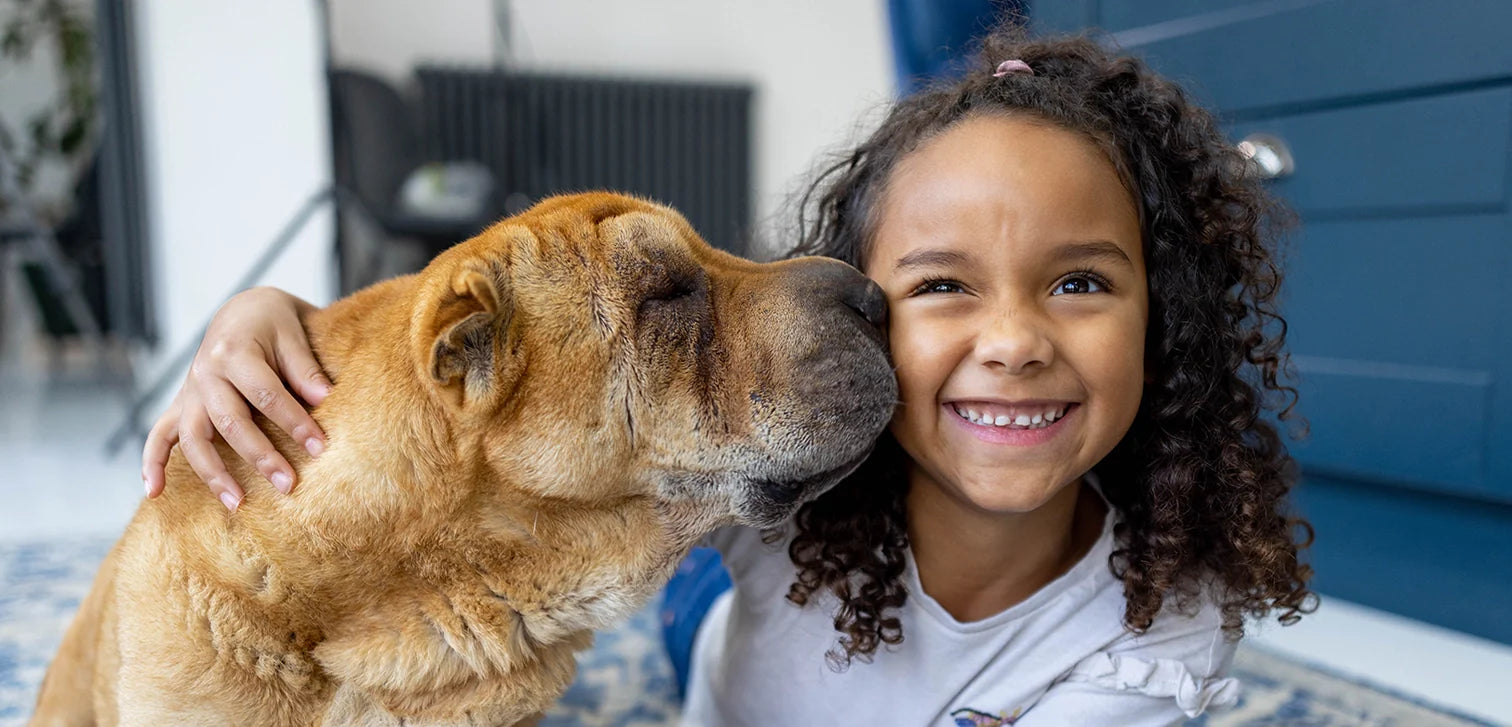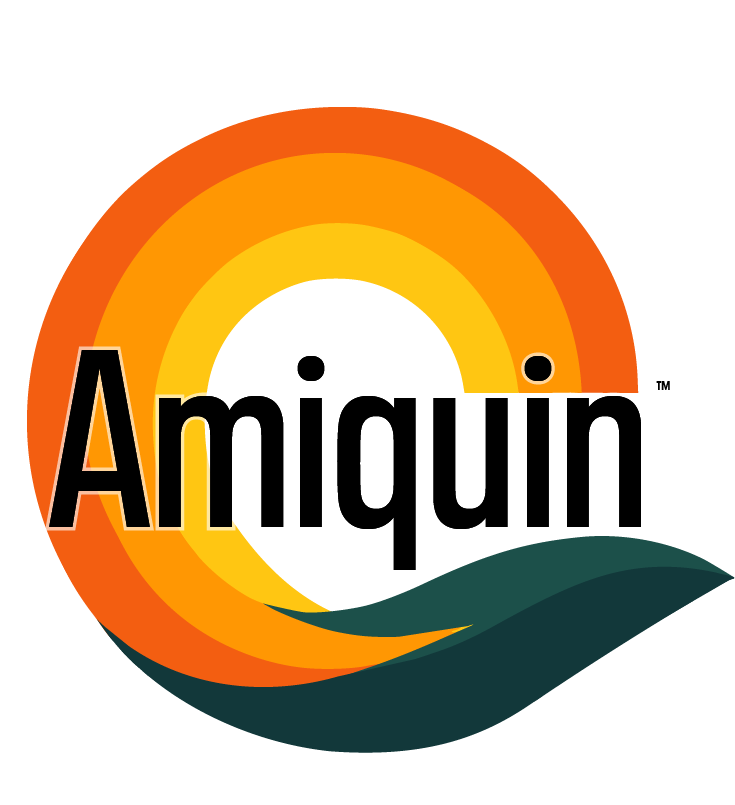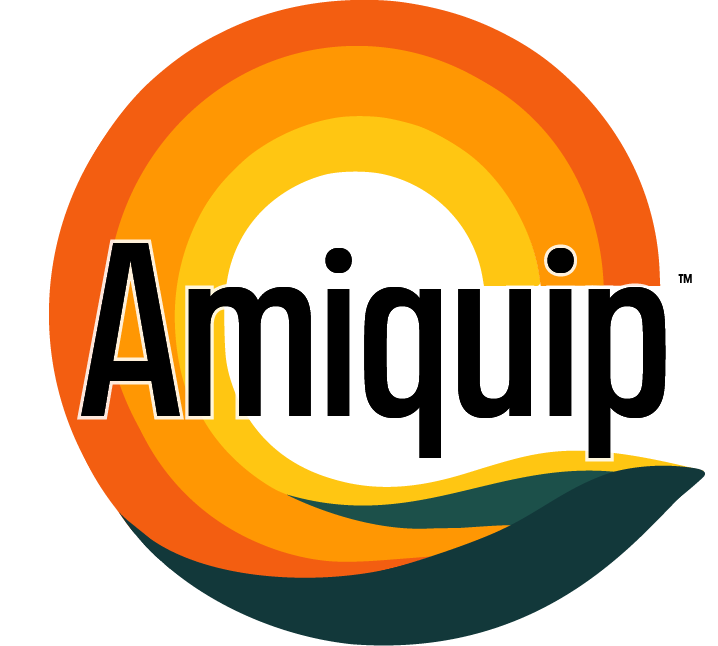

Why Mental Health Matters for Senior Dogs
As dogs enter their later years, changes in memory, learning, and responsiveness can become noticeable. Supporting mental wellness is just as important as physical care. Enrichment and nutrition both play vital roles in helping older dogs remain curious, confident, and engaged.

Mental Activities for Senior Dogs
- Food puzzles: Encourage problem-solving and focus.
- Nose work: Hide toys or treats and let your dog find them, tapping into natural instincts.
- Training refreshers: Practice simple commands to reinforce learning and communication.
- New environments: Safe walks in new places provide fresh sights and smells that stimulate the mind.
Even short sessions of mental play each day can bring long-term benefits.
Nutritional and Supplement Support for Brain Health
Certain nutrients are being studied for their role in supporting brain function:
- PQQ (pyrroloquinoline quinone): A compound studied for antioxidant properties and mitochondrial support, which can promote resilience. ³
- Medium-chain triglycerides (MCTs): Provide an alternative energy source for the brain and may promote memory and learning. ¹
- DHA (docosahexaenoic acid): An omega-3 fatty acid important for healthy neuronal structure and signaling. ²
Always consult with your veterinarian before adding supplements to your dog’s routine.
Creating a Balanced Routine for Cognitive Support
A daily plan that promotes both stimulation and rest may include:
- Short interactive play sessions.
- Puzzle toys or nose work exercises.
- Calm bonding activities such as grooming.
Nutritional support through diet and supplements.
Long-Term Benefits of Cognitive Enrichment
Regular mental engagement in older dogs can:
- Slow age-related cognitive changes.
- Promote adaptability to new experiences.
- Strengthen the human-dog bond.
- Maintain curiosity and motivation to explore.
Supporting your dog’s mind today builds a foundation for happier, more confident tomorrows.
FAQs
Supporting Senior Dog Cognition
Look for signs like boredom, restlessness, or loss of interest in toys. Adding short enrichment activities may help.
Yes, puzzle feeders and toys are excellent for engagement, but choose options suited to your dog’s size and abilities.
Absolutely. Walks in new locations provide sensory stimulation that keeps the mind active.
Amiquip™ Soft Chews for Senior Dogs
-
Supports natural energy & vitality
-
Promotes joint comfort & mobility
-
Helps maintain cognitive function
-
90+ day supply – most dogs only need 1 chew/day
-
Free USA shipping + 90-day money-back guarantee
References
- Pan Y, Larson B, Araujo JA, et al. Dietary supplementation with medium-chain triglycerides, L-arginine, and antioxidants improves cognitive function in aged dogs. Neurobiol Aging. 2010;31(12):2158–2167. doi:10.1016/j.neurobiolaging.2008.11.011.
- Zicker SC, Jewell DE, Yamka RM, Milgram NW. Evaluation of cognitive learning function in aged dogs given omega-3 fatty acids. J Am Vet Med Assoc. 2012;240(5):532–538. doi:10.2460/javma.240.5.532.
- Ohwada K, Takeda H, Yamazaki M, et al. Pyrroloquinoline quinone prevents cognitive deficits induced by oxidative stress... J Clin Biochem Nutr. 2008;42(1):42–50. doi:10.3164/jcbn.2008010.










